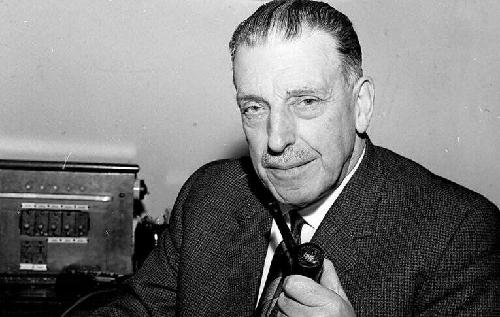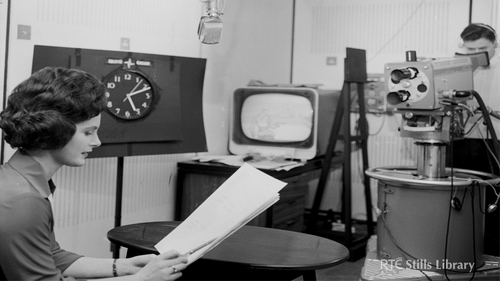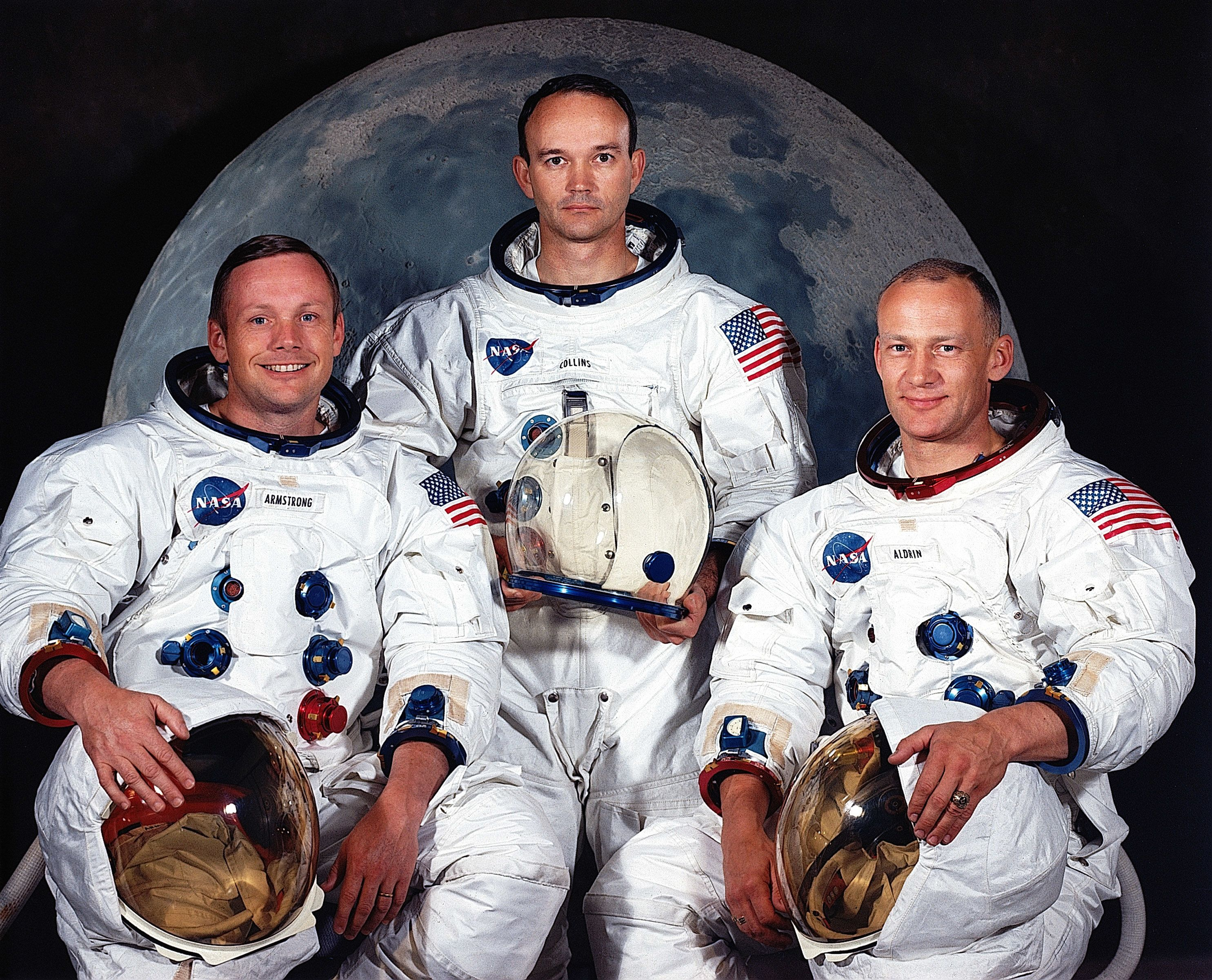Photo AI
Last Updated Sep 26, 2025
The 1960's (Europe and Wider World) Simplified Revision Notes for Junior Cycle History
Revision notes with simplified explanations to understand The 1960's (Europe and Wider World) quickly and effectively.
283+ students studying
The 1960's (Europe and Wider World)
The 1950s: Ireland's Lost Decade
After World War II, Ireland faced many challenges: economic, social, and political.
- Protectionism: High tariffs on imported goods protected Irish businesses but led to poorly run local businesses and expensive imports.
- Economic Crisis: High unemployment and little investment in the economy.
- Social Problems: Emigration was high, with an average of 44,000 people leaving each year in the 1950s. By 1961, the population had fallen to its lowest since the Great Famine, leading to rural depopulation.
- Political Instability: Older leaders like Éamon de Valera and Richard Mulcahy remained in power, and weak governments in the late 1940s and 1950s led to no majority in the Dáil.
An Irish Politician: Seán Lemass (1899-1971)
- Seán Lemass was born in Dublin, participated in the 1916 Easter Rising, the Irish War of Independence, and helped found Fianna Fáil in 1926.
- He served as Minister for Industry and Commerce and as Minister for Supplies during WWII.
- In 1959, Lemass became Taoiseach and led the First Programme for Economic Expansion with T.K. Whitaker, focusing on free trade, foreign investment, and grants to businesses and farmers.
- The programme was successful, with the economy growing by 4% each year in the 1960s, and reductions in unemployment and emigration.
- Ireland applied to join the European Economic Community (EEC) in 1961 but withdrew after France vetoed the British application.
- Lemass sought greater international engagement, leading to Ireland's election to the UN Security Council and participation in UN Peacekeeping Missions.
- In 1963, US President John F. Kennedy visited Ireland, strengthening ties.
- Lemass aimed for a united Ireland, meeting Northern Irish Prime Minister Terence O'Neill in 1965 to cooperate on various issues, increasing trade between the two regions.
- Lemass won the 1961 and 1965 general elections and presided over the 50th anniversary of the 1916 Easter Rising in 1966.

Social Change in the 1960s
-
Raidió Teilifís Éireann (RTÉ) : The 1960 Broadcasting Authority Act established an independent authority for radio and television. Telefís Éireann launched on 31st December 1961, transforming society by broadcasting international perspectives and controversial topics, challenging authority, and influencing societal attitudes.

-
The Catholic Church: The Second Vatican Council (Vatican II) called by Pope John XXIII in 1962 introduced significant reforms, including using the vernacular in Mass, increasing laypeople's roles, publishing the Bible in local languages, and promoting ecumenism.
-
Education**:** In 1966, Minister for Education Donogh O'Malley introduced reforms such as free schooling up to the Intermediate Certificate, free transport to school, and grants for building schools. This increased the number of students completing secondary education.
The vernacular is the everyday language spoken by ordinary people in a particular region or country.
Ecumenism is the movement to promote unity and cooperation among different Christian churches and denominations.
The US and the Wider World in the 1960s
The Space Race
- The Cold War spurred the space race between the US and the Soviet Union, driven by military and technological competition.
- The Soviets launched Sputnik on 4th October 1957, leading the US to successfully launch Explorer in 1958.
- Yuri Gagarin orbited Earth on 12th April 1961, followed by John Glenn for the US in 1962. President John F. Kennedy committed to landing a man on the moon by the end of the decade.
- Apollo 11 launched on 16th July 1969, with Neil Armstrong, Buzz Aldrin, and Michael Collins. Armstrong and Aldrin landed on 20th July, watched by over 500 million people globally.

Sputnik was the first artificial satellite launched into space by the Soviet Union on October 4, 1957.
The Civil Rights Movement
- African-Americans: Continued to face severe discrimination despite the abolition of slavery post-Civil War. The Civil Rights Movement led by Dr. Martin Luther King Jr. fought for equality through non-violent protests, boycotts, and legal action.
- Key Events:
- Montgomery Bus Boycott (1955): Rosa Parks' defiance led to a boycott.
- March on Washington (1963): Dr. King delivered his "I Have a Dream" speech.
- Selma March (1965): Police brutality against voting rights marchers.
- Legislation: The Civil Rights Act (1964) and Voting Rights Act (1965) outlawed discrimination and guaranteed voting rights.
The Montgomery Bus Boycott was a protest against racial segregation on public buses in Montgomery, Alabama. It began in 1955 after Rosa Parks was arrested for refusing to give up her seat to a white passenger. The boycott lasted over a year and led to a Supreme Court ruling that segregation on buses was unconstitutional. It was a pivotal event in the American Civil Rights Movement.
Other Protest Movements
- Women's Movement: Advocated for gender equality (figures like Ruth Bader Ginsburg and Betty Friedan).
- African National Congress: Fought apartheid in South Africa (figures like Nelson Mandela and Desmond Tutu).
- Student Movement: Campaigned against inequality and war.
- Gay Rights Movement: Fought for LGBT rights (figures like Marsha P. Johnson).
- Environmental Movement: Protested environmental threats.
- Tactics: Organised marches, published literature, and lobbied politicians.

Youth Culture
- Post-WWII baby boom led to a large, well-educated, and economically independent youth population.
- Music: Pop stars like The Beatles and Bob Dylan addressed controversial topics.
- Fashion: Bright colours, miniskirts, and symbols of sexual freedom.
- Impact: Increased demand for change, delayed marriages, and more acceptance of divorce.
Key Terms
- Protectionism**:** an economic policy where a country imposes tariffs, quotas, and other restrictions on imported goods to protect its domestic industries from foreign competition.
- European Economic Community (EEC): an economic organisation established in 1957 to promote economic integration and cooperation among six European countries, which later evolved into the European Union (EU).
- UN Security Council: The UN Security Council is a body of the United Nations responsible for maintaining international peace and security, composed of five permanent members (China, France, Russia, the United Kingdom, and the United States) and ten rotating non-permanent members.
- Second Vatican Council: The Second Vatican Council was an ecumenical council of the Catholic Church held from 1962 to 1965, which modernised church practices and encouraged greater engagement with the contemporary world.
- Raidió Teilifís Éireann (RTÉ): Ireland's national public service broadcaster, established in 1960 to provide television and radio services to the Irish public.
- Space Race: a Cold War competition between the United States and the Soviet Union to achieve significant milestones in space exploration, including the first human landing on the Moon.
- Civil Rights Movement: a social and political movement in the United States during the 1950s and 1960s aimed at ending racial segregation and discrimination against African Americans, leading to significant legal and social changes.
- Women's Movement: a social movement during the 1960s and 1970s advocating for women's rights and equality, addressing issues such as gender discrimination, reproductive rights, and workplace equality.
- Youth Culture: Youth Culture refers to the values, interests, and activities associated with young people, especially as they distinguish themselves from the adult generation, often characterised by new styles, music, and behaviours.
- The Beatles: a British rock band formed in the 1960s, widely regarded as one of the most influential musical groups in history, known for their innovative music and cultural impact.
Revision Questions
- What was protectionism in Ireland?
- True or False: Seán Lemass was involved in the 1916 Easter Rising.**
- What was the aim of the First Programme for Economic Expansion?
- Fill in the blank: Ireland applied to join the _______ in 1961.**
- What was the significance of the Second Vatican Council?
- True or False: RTÉ was launched on 31st December 1961.**
- What was the space race?
- Fill in the blank: Neil Armstrong was the first man to _______.**
- Who led the Civil Rights Movement in the US?
- True or False: The Beatles were part of the youth culture in the 1960s.**
500K+ Students Use These Powerful Tools to Master The 1960's (Europe and Wider World) For their Junior Cycle Exams.
Enhance your understanding with flashcards, quizzes, and exams—designed to help you grasp key concepts, reinforce learning, and master any topic with confidence!
40 flashcards
Flashcards on The 1960's (Europe and Wider World)
Revise key concepts with interactive flashcards.
Try History Flashcards4 quizzes
Quizzes on The 1960's (Europe and Wider World)
Test your knowledge with fun and engaging quizzes.
Try History Quizzes29 questions
Exam questions on The 1960's (Europe and Wider World)
Boost your confidence with real exam questions.
Try History Questions27 exams created
Exam Builder on The 1960's (Europe and Wider World)
Create custom exams across topics for better practice!
Try History exam builder18 papers
Past Papers on The 1960's (Europe and Wider World)
Practice past papers to reinforce exam experience.
Try History Past PapersOther Revision Notes related to The 1960's (Europe and Wider World) you should explore
Discover More Revision Notes Related to The 1960's (Europe and Wider World) to Deepen Your Understanding and Improve Your Mastery
Load more notes